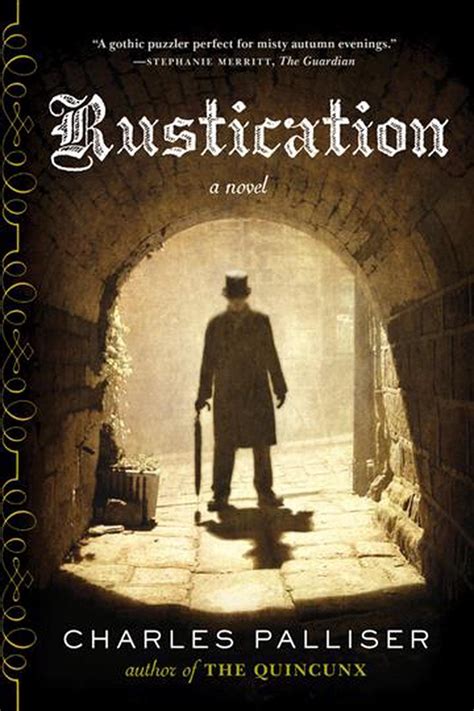A Quote by Jessica Rothe
I would love to play a sociopath or, like, an unreliable narrator.
Related Quotes
If someone tells you that George Bush is not the 43rd president of the United States, they might be engaged in wishful thinking, or denial, but if they make that claim, it's either true or false! And you can assess that, regardless of whether there's an omniscient narrator, or an unreliable narrator, or it's shot in vérité, or it's manipulated, it's agitprop, whatever! It makes no difference! It's a style!
Being sociopath is not what most people would consider to be winning. Most of us have some kind of positive goal in mind when we think of winning. A sociopath thinks in terms of successfully manipulating someone into doing something that he or she would not have done otherwise. That can be a small thing or a tremendous thing, but the point for the sociopath is to win, to make sure that this person does what they're trying to coerce him or her into doing. It can be as disgusting and as simple as making a child cry. Or it can be as complex as making your wife feel bad about herself.
Sociopath is a word that has sort of become shorthand for psychopath and there's a distinct difference, it's interesting if you look it up. Sociopath if you look at the medical definition, the profile of a sociopath is that they are supremely intelligent people that are also pathological liars, they have no moral structure and there is one more, they have no compassion or empathy for other people.
'Friends With Benefits': it feels like a two-hander to me, but it is a big movie, and this is the first straightforward male I've been able to play. I would describe my character in 'The Social Network' as a kind of sociopath. I would describe my character in 'Bad Teacher' as... just a weirdo. But this is a male's male.



































